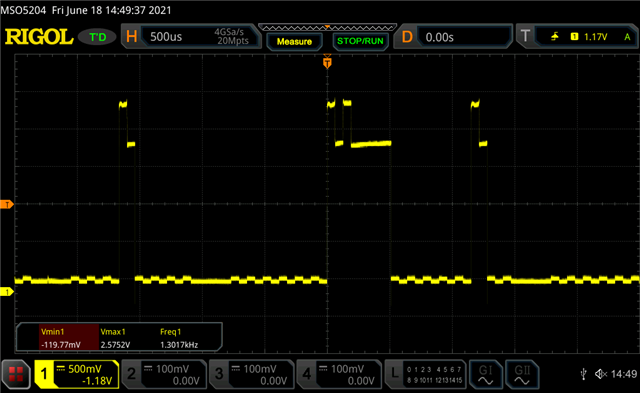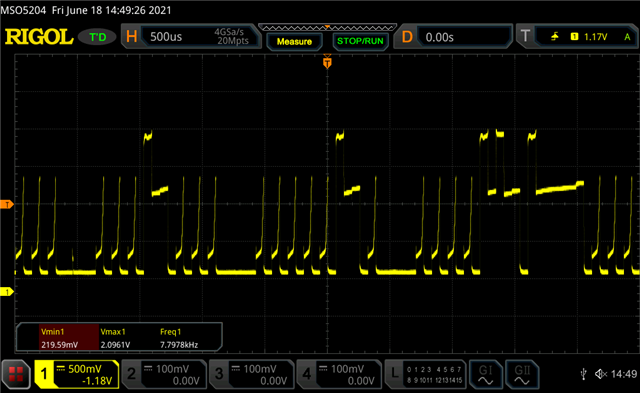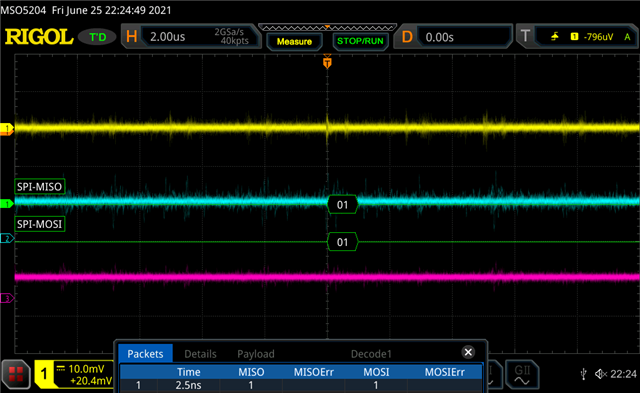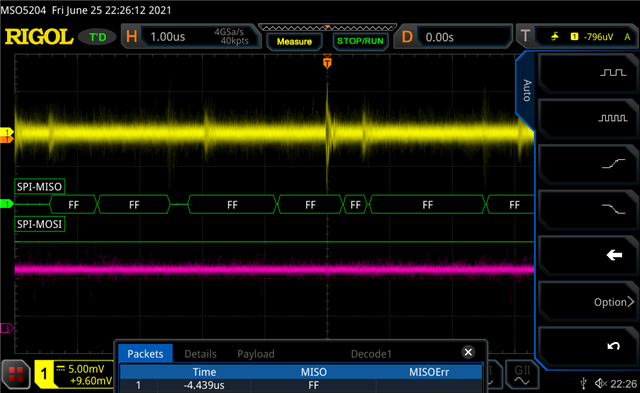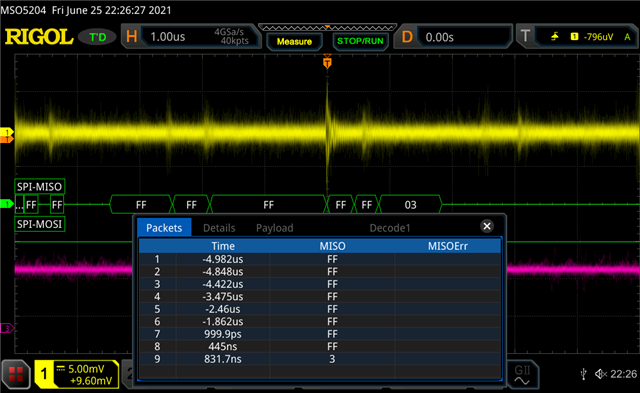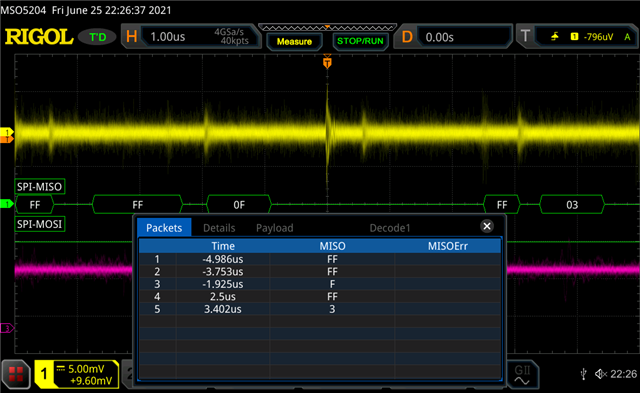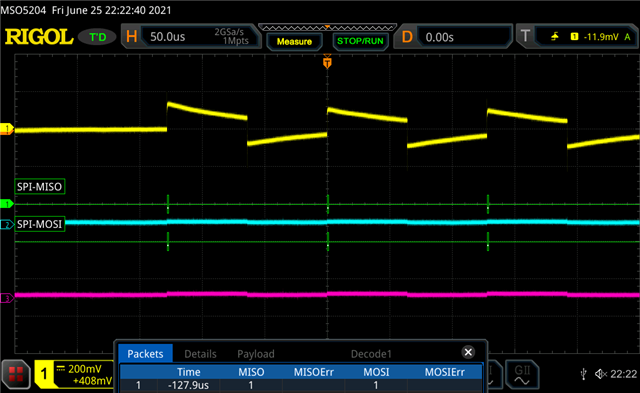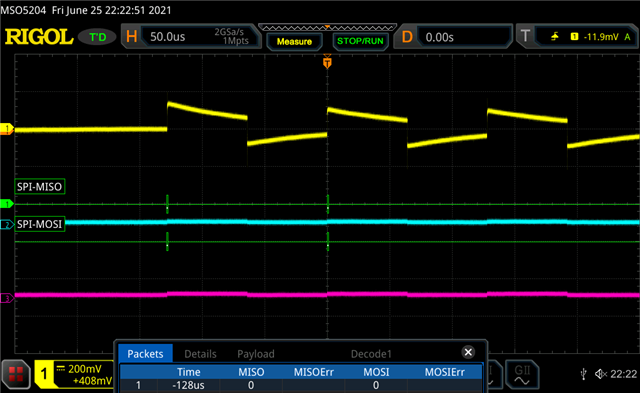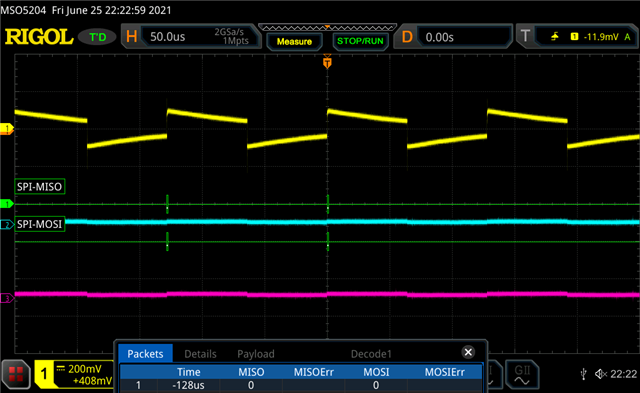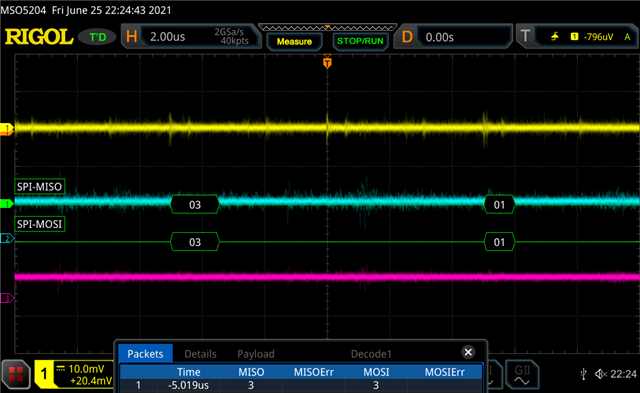I try to program the LMP90100 with the help of the PIC24F series. I use SPI as a type of communication. However, I have a problem with the fact that the examples for LMP90100 are already written on MSP430. Where can I find the LMP90100 SPI library on pic.
I can write data with LMP90100 e spi, but I have problems reading and making sense of the adc value.
In general, can anyone with information or resources share with me?
-
Ask a related question
What is a related question?A related question is a question created from another question. When the related question is created, it will be automatically linked to the original question.


